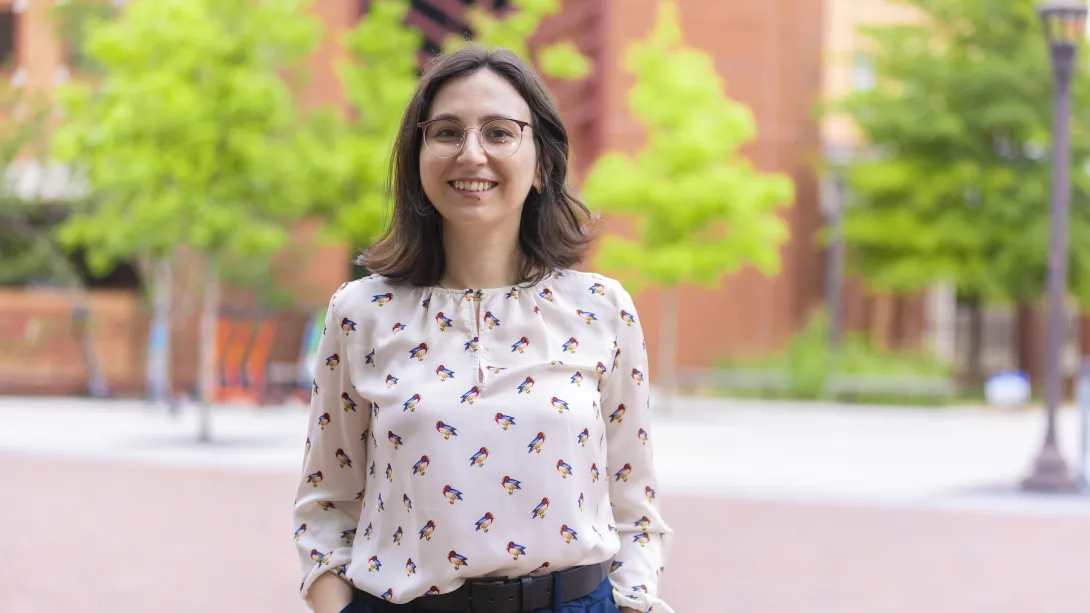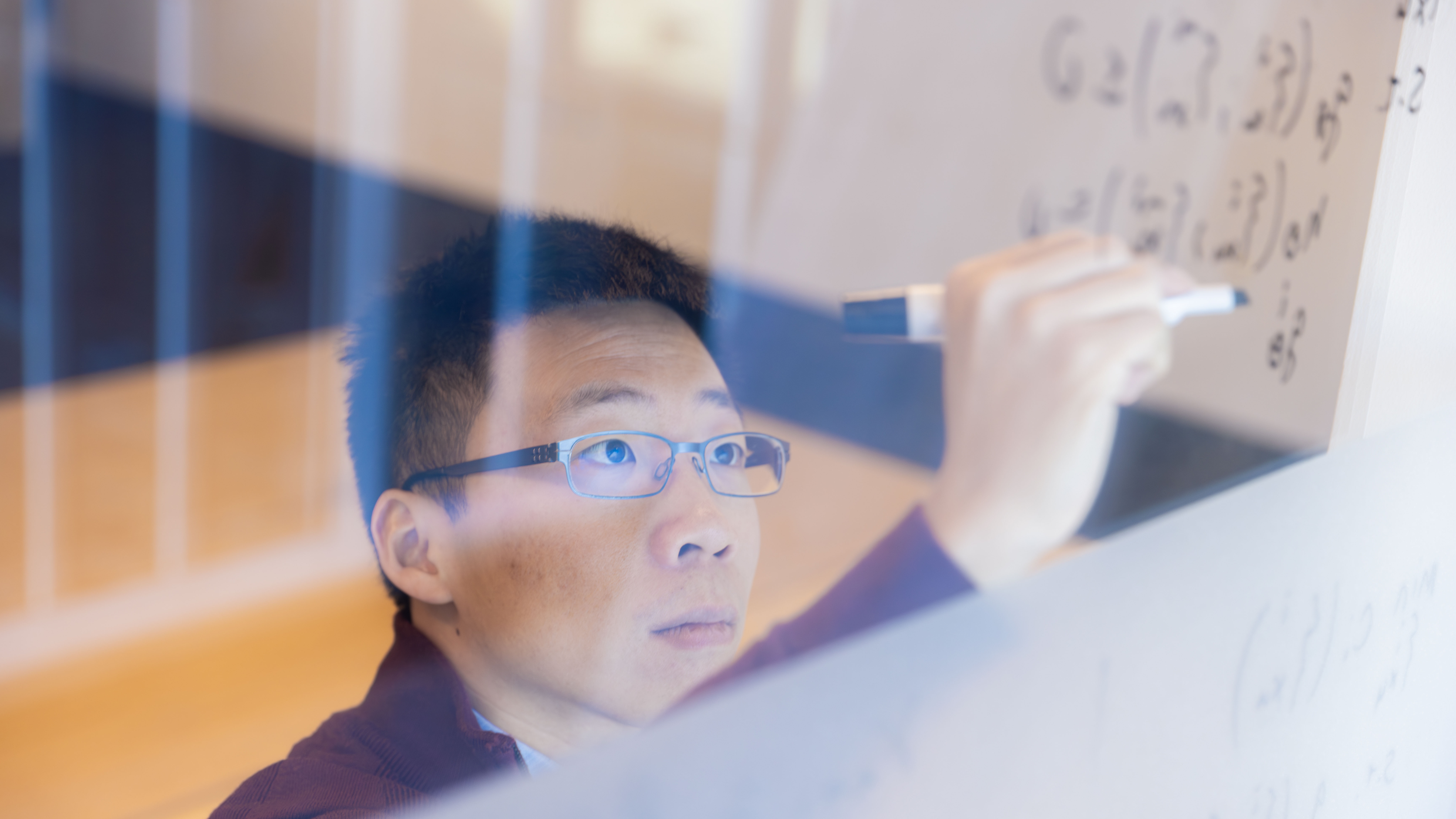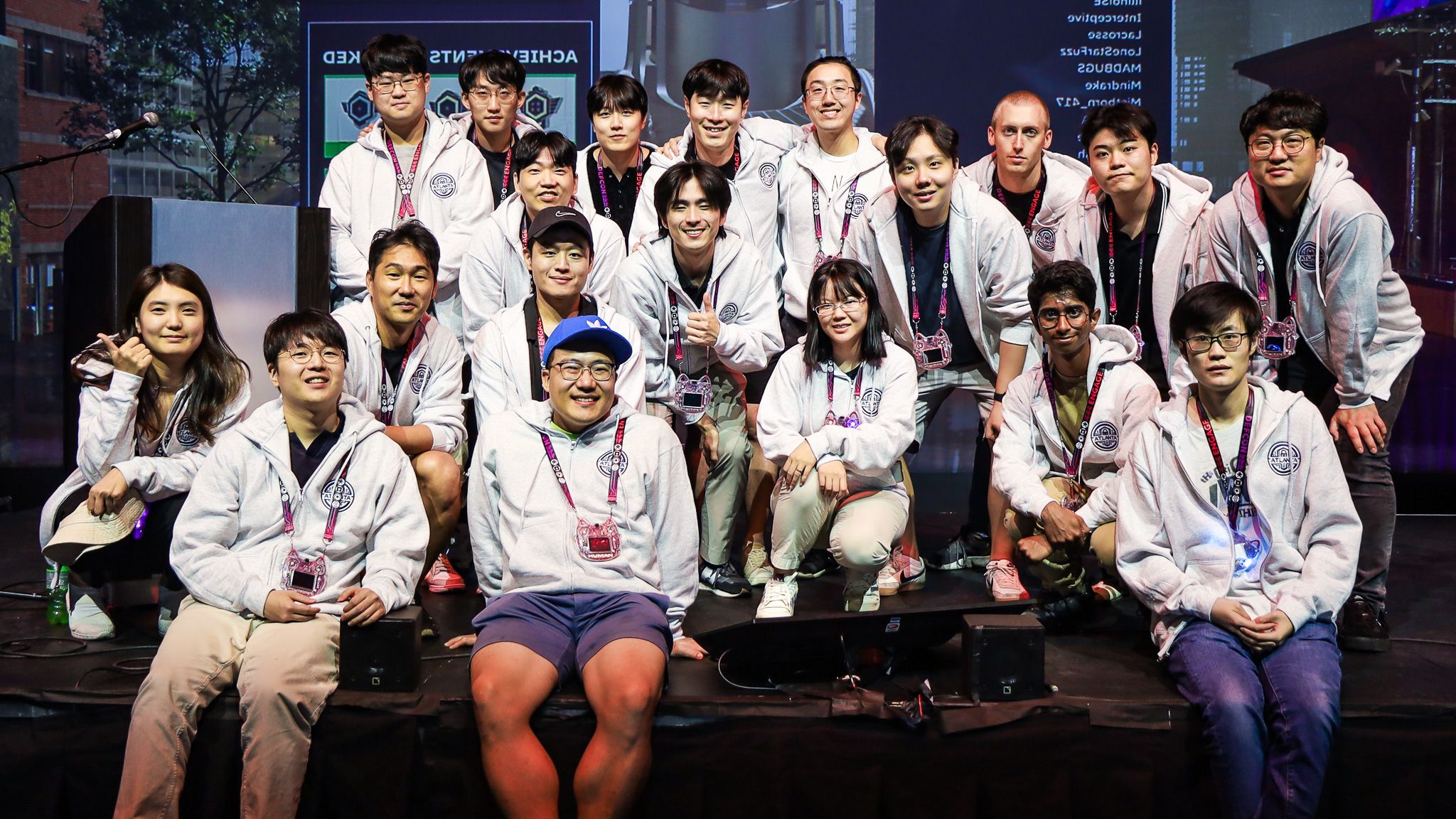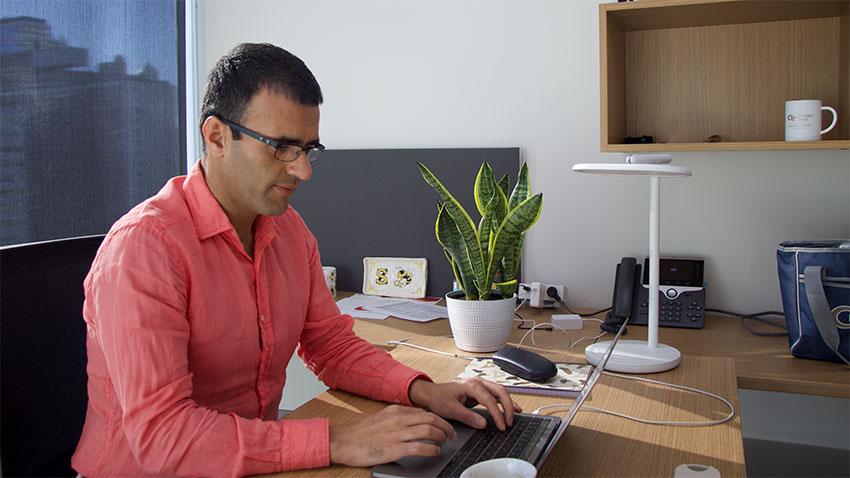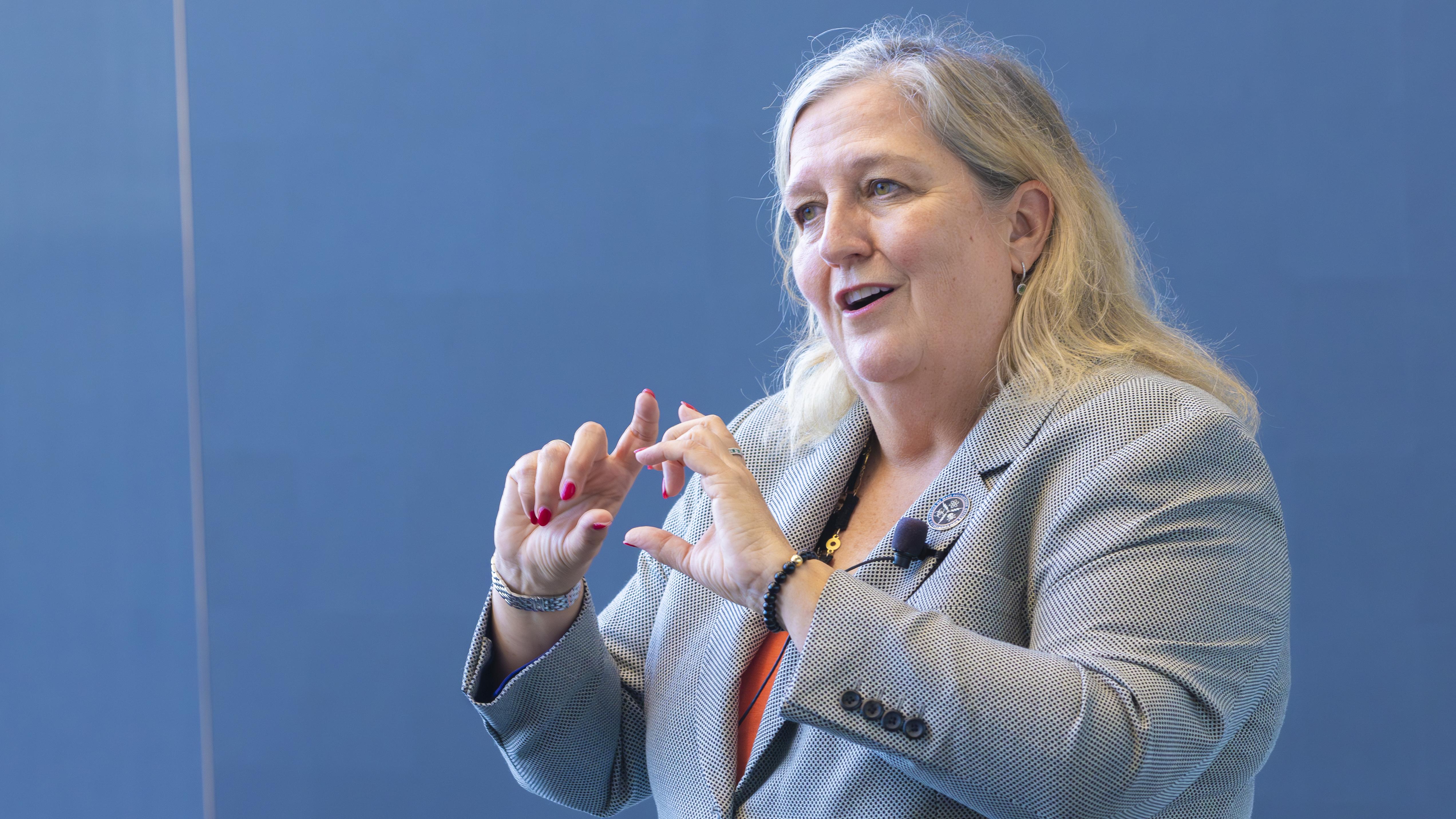Oct. 09, 2024
New cybersecurity research initiatives into generative artificial intelligence (AI) tools will soon be underway at Georgia Tech, thanks to the efforts of a new assistant professor in the School of Cybersecurity and Privacy (SCP).
While some researchers seek ways to integrate AI into security practices, Teodora Baluta studies the algorithms and datasets used to train new AI tools to assess their security in theory and practice.
Specifically, she investigates whether the outputs from generative AI tools are abusing data or producing text based on stolen data. As one of Georgia Tech’s newest faculty, Baluta is determined to build on the research she completed during her Ph.D. at the National University of Singapore.
She plans to expand her past works by continuing to analyze existing AI technologies and researching ways to build better machine learning systems with security measures already in place.
“One thing that excites me about joining SCP is its network of experts that can weigh in on aspects that are outside of my field,” said Baluta. “I am really looking forward to building on my past works by studying the bigger security picture of AI and machine learning.”
As a new faculty member, Baluta is looking for Ph.D. students interested in joining her in these new research initiatives.
“We’re going to be looking at topics such as the mathematical possibility of detecting deep fakes, uncovering the malicious intent behind AI use, and how to build better AI models with security and privacy safeguards,” she said.
Baluta’s research has been recognized by Google’s Ph.D. fellowship program and Georgia Tech’s EECS Rising Stars Workshop in 2023. As a Ph.D. student, she earned the Dean’s Graduate Research Excellence Award and the President’s Graduate Fellowship at the National University of Singapore. She was also selected as a finalist for the Microsoft Research Ph.D. Fellowship, Asia-Pacific.
News Contact
John Popham
Communications Officer II
School of Cybersecurity and Privacy
